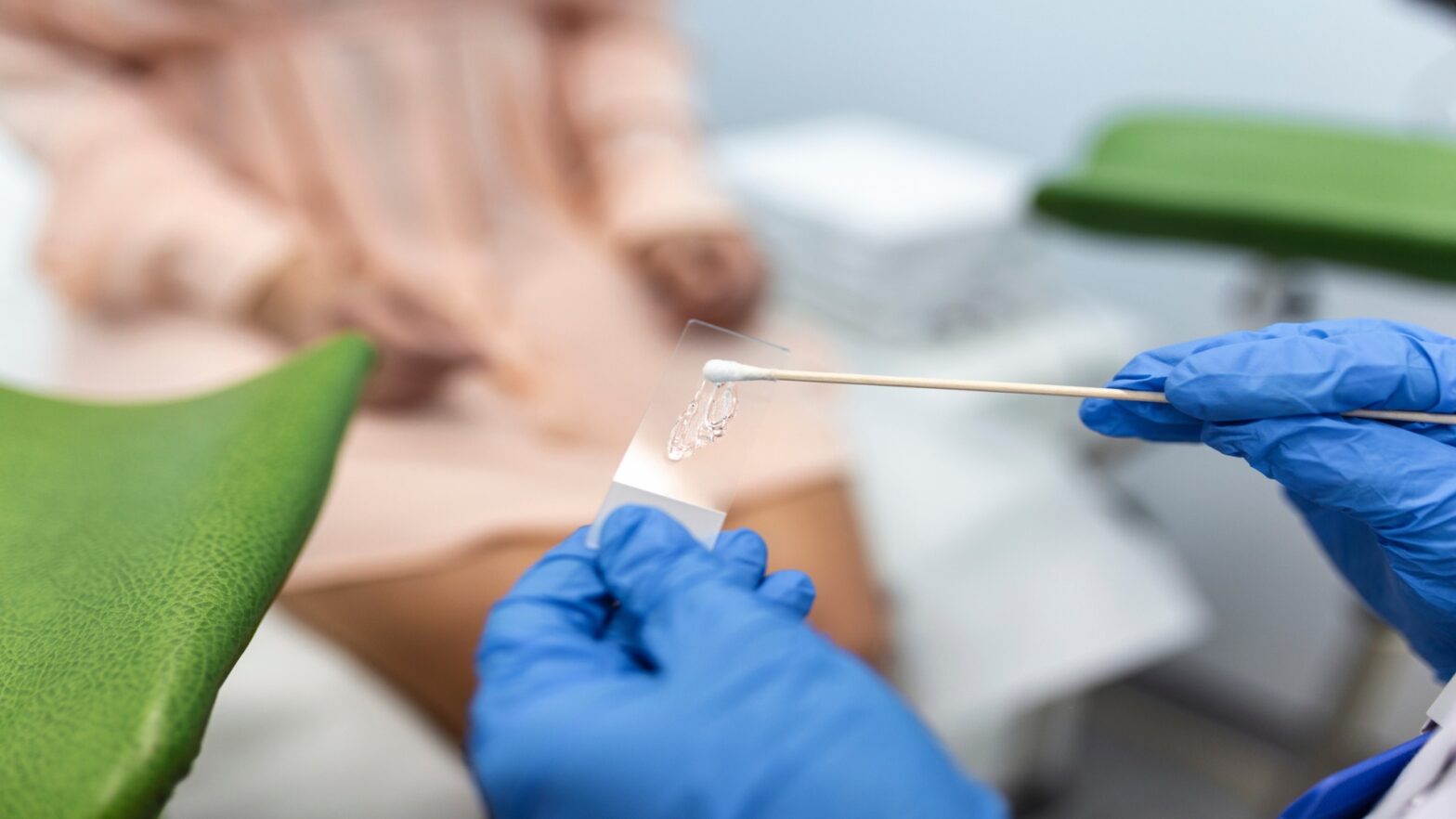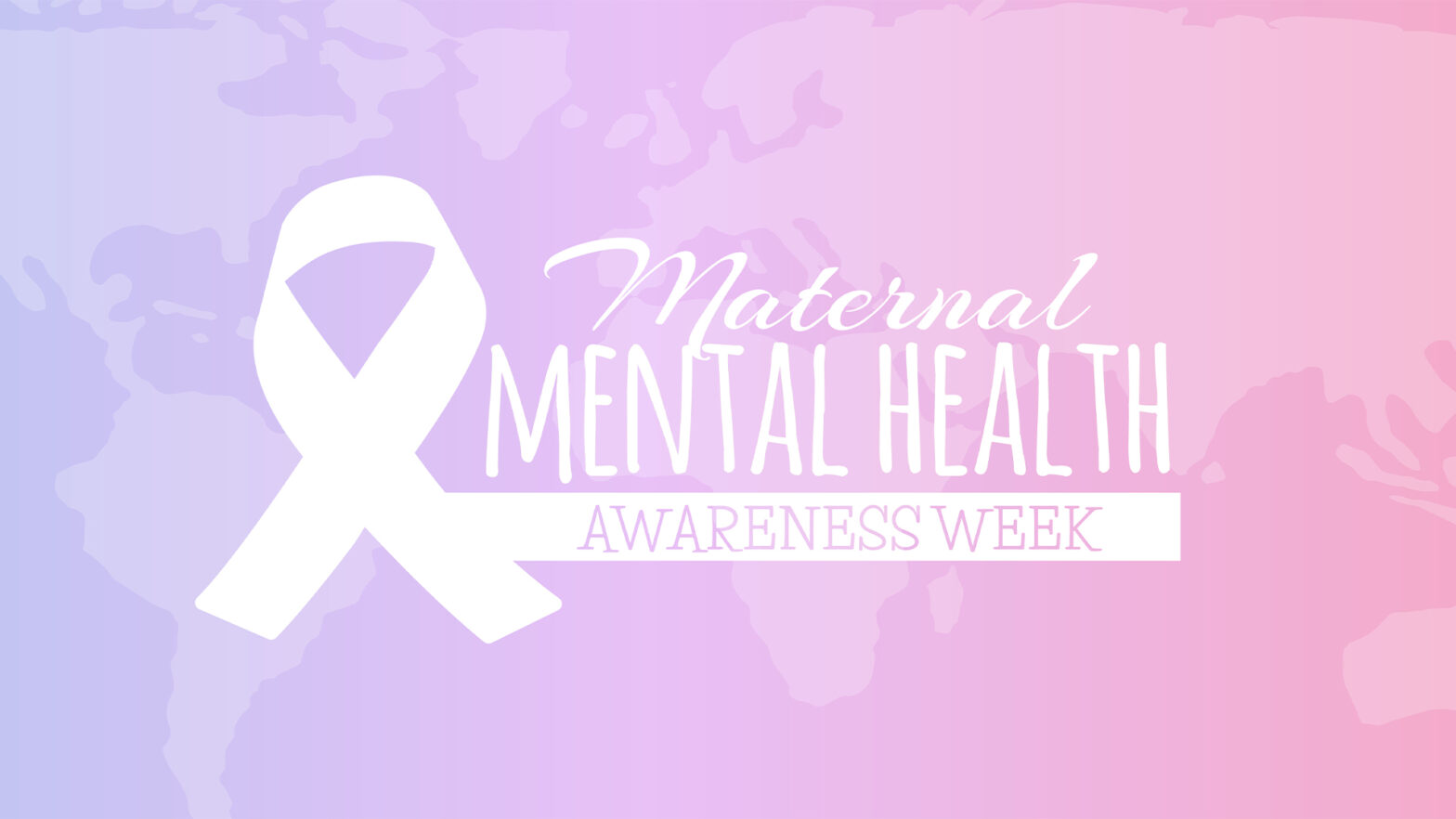
PCOS (Polycystic Ovary Syndrome) is an incredibly common condition that affects women. The underlying cause is believed to stem from the way ovaries work, which can cause hormone imbalances. There is no one specific symptom for PCOS, but some of the main signals include irregular periods, cysts on your ovaries, difficulty losing weight, excessive hair growth or thinning. While these common signs are well known, there are also some unusual symptoms you might not be aware of. That’s why we spoke to General Practitioner and Advanced Skin Doctor, Dr Kaywaan Khan at Harley Street’s Hannah London, who shares the six unusual signs you might actually have PCOS. It’s important to note that these signs alone may not confirm PCOS, and a proper medical diagnosis is essential.
1. Skin tags
Women who have PCOS tend to have higher levels of insulin, which is a hormone produced by the pancreas in order to control the amount of sugar in the blood. Insulin helps move glucose from the bloodstream into cells, where it’s broken down to produce energy. Insulin resistance is common with women who suffer with PCOS, as their body can make the insulin, but can’t use it effectively. Therefore, the body has to make extra insulin to compensate, leading to higher levels of insulin circulating in the bloodstream. As a result, this can stimulate the growth of skin cells around the neck, armpits, groin, or other skin folds known as ‘skin tags’. Although skin tags are benign, many people choose to have them removed for cosmetic reasons, or because the excess skin causes discomfort or irritation. In these cases, the removal of cosmetic skin tags can provide relief and improve the appearance of the affected area. This may include advanced electrolysis technology or cryotherapy, or in some cases, a surgical removal method from an advanced aesthetics practitioner. Ensure to consult with a qualified and experienced medical professional, so you can trust that you are in good hands when dealing with skin tag management or removal.
2. Sleep Apnea
Sleep apnea is a breathing disorder affecting more than one billion people worldwide. This condition can cause a person to become more prone to episodes where they stop breathing during sleep, which can last anywhere from a few seconds to a minute. This can happen several times during the night and if left untreated, can increase the risk of high blood pressure and heart attack. Weight gain, which is common with PCOS, can narrow the airways and cause difficulties breathing during sleep. As well as this, hormonal imbalances in PCOS such as excess androgen and low progesterone levels, are one of the causes of ‘Obstructive Sleep Apnea’. Women with PCOS who experience sleep apnea may also find that their other symptoms have increased such as fatigue, high blood pressure, difficulty losing weight and insulin resistance.
3. Mood Swings
It comes as no surprise that hormonal fluctuations with PCOS can have a significant impact on your mental health. You might experience mood swings, which can feel like rapidly fluctuating emotions. For example, in a short space of time, it’s common to switch between feelings of irritability and tearfulness. Anxiety and depression can also be common in women with PCOS. These mental health challenges can be caused by the hormonal imbalances themselves, but can also be a result of dealing with the physical symptoms of PCOS like weight gain or irregular periods. Changes to mood that is severe and long-lasting should always be discussed with your GP or a qualified mental health professional, who can advise you on management techniques or medication.
4. Pain during intercourse
Dyspareunia, characterised by pain or discomfort during intercourse, is a symptom that some individuals with PCOS may experience. Hormonal imbalances, particularly elevated levels of androgens (male hormones), can affect vaginal lubrication and arousal, which may cause discomfort or pain during intercourse. As well as this, the presence of ovarian cysts or pelvic inflammation can contribute to dyspareunia. While these cysts are generally benign, if they grow larger or rupture, they can create added pressure and tension in the pelvic floor. With penetrative sex, pelvic pain can worsen as the pressure increases. While these symptoms can be associated with PCOS, they can also be indicative of other underlying conditions that require medical attention, such as endometriosis or fibroids. That’s why it is so important to speak with a qualified medical practitioner, such as your GP, if you are experiencing any pelvic pain or dyspareunia. They can help determine the underlying cause and suggest pain management strategies or treatment options.
5. Acne
Women with PCOS have elevated levels of androgens (male hormones) in their body, such as testosterone. These hormonal imbalances can stimulate sebaceous glands to produce excess sebum, leading to clogged pores and the development of acne. As well as this, insulin resistance can further aggravate acne as it causes inflammation in the body. Fluctuating hormones disrupt the natural skin cell turnover process, contributing to persisting acne which can be severe in individuals with PCOS. Acne can be difficult to treat, especially if you have an underlying medical condition such as PCOS, which is why it is so important to speak to a skin doctor who can assess your unique skin needs and advise you on the best possible course of action. Typically, for my patients with PCOS at Hannah London, I would create a bespoke skincare plan and then recommend treatments such as DermaPen to treat acne, acne scarring, uneven skin texture and more.
6. Excessive sweating
While sweating is a normal bodily function, those with PCOS may experience it more frequently or intensely. This condition is known as hyperhidrosis, which disrupts the production of insulin and androgens, causing excessive sweating that is not always directly related to heat or exercise. When accompanied by other symptoms like unexplained weight gain, acne, and hair loss, this can be an early indicator of PCOS. If you notice persistent or unusual sweating along with other potential signs of PCOS, it’s essential to consult with a healthcare professional for proper diagnosis and management.
Whether its laser hair removal, facial aesthetic treatments, or consulting with private mental health professionals, dealing with PCOS can be expensive! Not to mention, it can feel lonely when dealing with the symptoms of PCOS without a community. At Hannah London, we have created Harley Street’s first PCOS membership specifically tailored to ease both physical, mental, and emotional needs. Through a combination of 50% off treatments, nutritional advice, events, one-on-one consultations, and open forums, we aim to create a positive environment for women dealing with the side effects of PCOS.
















